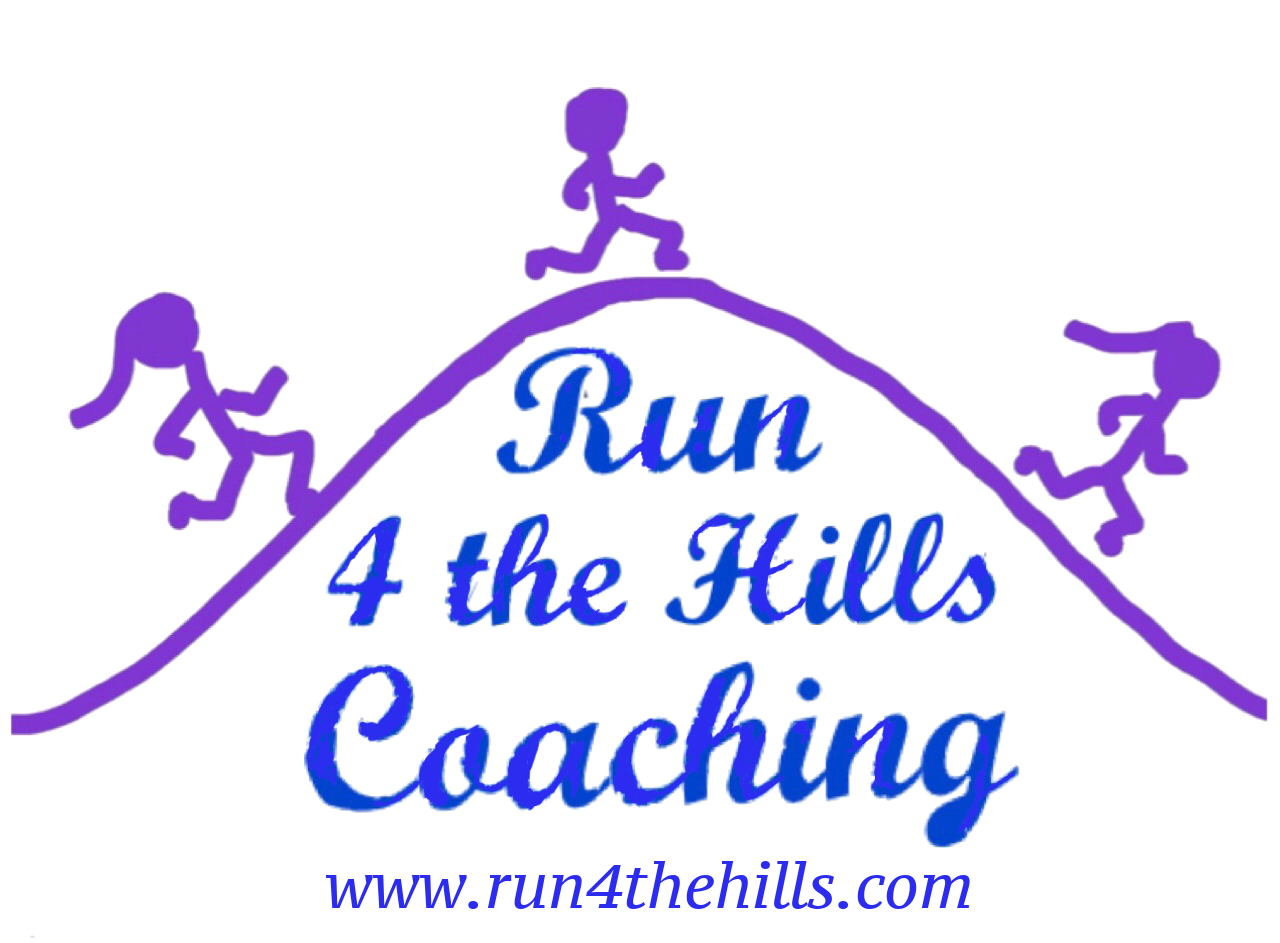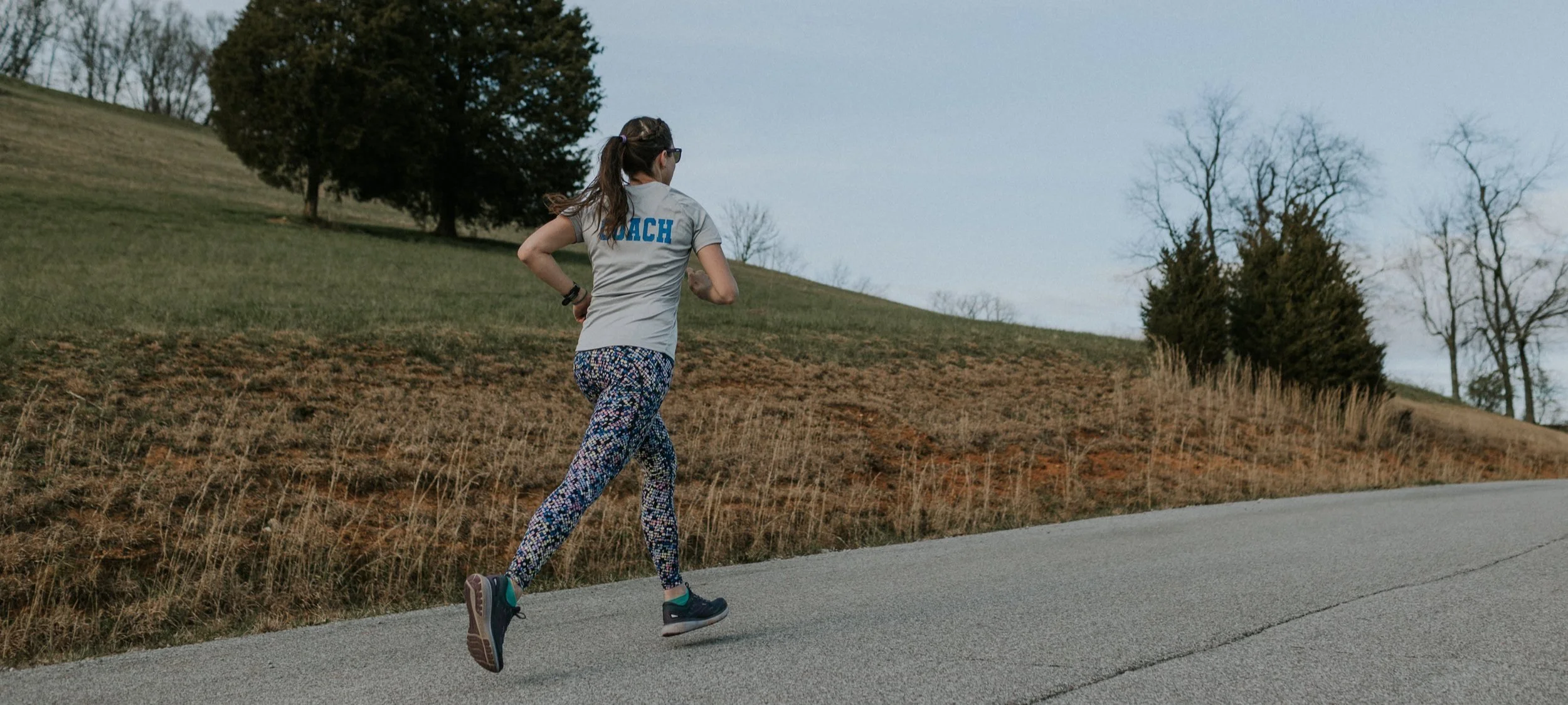4 considerations for female athletes
Does your running coach, (or did your high school/college coach) treat you like “one of the guys,” or do they structure your training around your unique physiology and hormones? Did you know that women can’t train like men and expect the same results? Our bodies change throughout the month, and that means that we will see greater gains from our training if we work with our bodies instead of ignoring them or working against them.
1) Core Body Temperature
Your core body temperature rises with the rise of progesterone after you ovulate. This can lead you to become overheated more easily than during your pre-ovulatory time. This doesn’t mean you can’t run in the heat! Just keep in mind that you may need to hydrate even more than usual, and you might have to slow your pace a bit.
2) Menstrual Cycle Phases
Different phases of the menstrual cycle affect energy levels in different ways. You may find that you have more energy and are able to exercise harder before ovulation, and you have less energy and stamina after ovulation. Structuring your training with this in mind can help you maximize the use of your energy. Don’t worry if your race or sporting event falls on a lower energy day though, race day excitement coupled with proper training will prevent it from being a problem!
3) Post-Exercise Nutrition
Women need to replenish carbs and protein within 30-60 (preferably 30) minutes after exercise in order to maximize the gains from that exercise. If you don’t consume protein and carbs soon enough after hard exercise, your body will be unable to recover adequately or build as much muscle as it otherwise could.
4) Hip Angle
Women have a more pronounced hip angle than men, which makes strength training even more important to prevent injury. Have you ever wondered why ACL tears are more prevalent among young female athletes? They are caused by not properly strengthening the leg muscles! Female athletes experience more strain around the knee than male athletes, because of their wider hips. The good news is that proper strength training goes a long way towards preventing knee injuries!
If you coach hasn’t already talked about these things with you, try asking! If your coach seems unwilling to take these things into consideration in your training, you may want to think about hiring a coach who will. You deserve to know how your body works so that you can train to your full potential!

